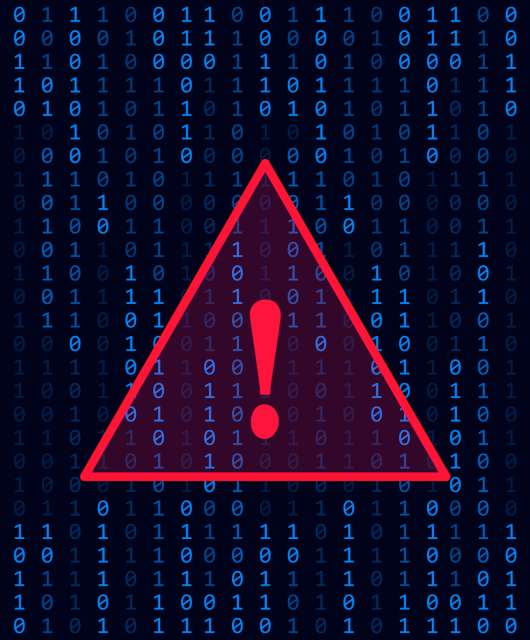European Union (EU) lawmakers continue to press ahead with plans to scan private messages in an effort to crack down on criminal activity. This new control law is intended to prevent criminals from spreading child sex abuse material (CSAM) through private messaging channels. These channels include iMessage, Signal, Telegram, and WhatsApp.
Read also: Cyberbullying, a growing problem in Europe
Good idea, bad idea
No one would argue that stopping CSAM is a bad idea. However, for the chat control law to work, EU government agencies will have to scan all messages sent and received by their citizens. Even those people who are not suspected of committing any crime.
Worse still, the law will require service providers to circumvent message encryption to permit access. Message encryption is an important privacy protection that ensures only the sender and receiver can read a message. It prevents criminal interception of sensitive chat content.
Weakening encryption in any way will increase the risk of innocent people falling victim to scammers and criminals.
Has the EU changed its mind?
When the new law was first proposed, several civil liberty groups registered their opposition. Groups like the Internet Freedom Foundation, Mozilla and the Center for Democracy and technology argued that message scanning not only compromises security. But also treats every citizen as a potential suspect.
These calls were picked up by the EU’s own Civil Liberties committee. The committee voted to exclude mass scanning of encrypted messages from the proposed law. However, as the bill approaches Parliament once more, it appears that the wording may have changed. Nevertheless, the principle remains the same. The EU will still require service providers to compromise encryption algorithms. This will allow messages to be scanned as part of an ‘upload moderation’ routine.
Many MEPs have already signed an open letter against the law. They claim that chat moderation not only weakens cybersecurity but will also act as a “blueprint for authoritarian states”, providing governments with an excuse – and a means – to identify, block and potentially prosecute any content which they disagree with.
Disagreements have seen the bill delayed in Parliament, although it is due to be endorsed on the 13th December 2024. Since the most recent review, just two EU nations remain opposed to the legislation – Poland and Germany. All other member states have since fallen into line, choosing to support this privacy-breaching law. Which means that it is extremely likely this new law will be adopted across the EU, affecting citizens and anyone who communicates with them, wherever they are located in the world.
For more details about how the law could affect law-abiding citizens like you, and how to register your opposition to this assault on privacy, visit www.chatcontrol.eu.







